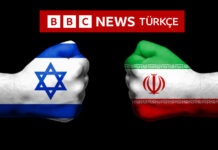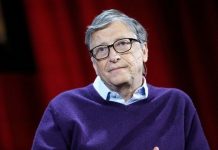There are two more years to the U.S. presidential elections but candidates began to announce their intentions to run for the highest office of the country. The same is true for the French presidential elections. Candidates are parading with pomp and circumstance attracting a lot of public and media attention.
This helps them prepare for the challenge during the log period that lies ahead and gives a chance to the electorate to make up their minds by weighing the pros and cons of the contenders. However, the opposite is true for Turkey. There are two months to the presidential elections and there is no candidate! Isn’t it odd?
Well, may be it is not, for the candidate is already designated. This semblance of certainty emanates from the nature of the Turkish political system. The president of the republic is elected by the Parliament, not by the national electorate. Hence the dominant or the majority party has always the upper hand.
Late Mr. Turgut Ozal and the last president Mr. Suleyman Demirel were Prime Ministers (P.M.) and leaders of the leading party in the National Assembly (Parliament) before they elected as president. So why shouldn’t what worked for them both would not work for P.M. R.T. Erdogan? After all, it is his legal right to be elected.
If he exercises this constitutional right, the 11th president of Turkey will be either him or somebody that is hand-picked by him. So can we say that there is no candidate? The candidate is there alright, only his name is not announced. Why is that so?
R.T. Erdogan is a controversial man. He has started his political career deeply rooted in the surge of a new class of politicians with a religious background. Religion was at the core of conservative, parochial values of an upwardly mobile social cohort with roots in the countryside or small towns of the country. This social cohort used religion as a rallying point to identify their position in the society that was rapidly changing from the traditional to the modern. So religious rhetoric was a medium that bridged the past with the present and functioned like a parachute for safe landing to a new life-style without being psychologically bereft from the traditional.
Otherwise how could the AK Party adopt the EU vocation that its members rejected before coming to power just as most of the parties on the political spectrum who claim to be more modern and secular in orientation remained ambivalent or in opposition? Yet these pseudo modern and secular organizations and power groups always remained sceptical of AKP’s motives, initiatives and final target that they see as establishing a religious state.
The presidency symbolized by the current President Mr. Sezer is among the secularist central (statist) forces that are inclined to downsize the power of the elected government and its leader. Thus, so far the statist elite felt empowered and safe by checking the power of the government ad AKP dominated legislature.
Now there is likelihood and no legal obstacle that the presidency can go to the AKP. The opposing power centres dread to see a member of this party, especially its leader that they have demonized for so long, at Cankaya (location of the presidential mansion). That is why they are calling on Mr. Erdogan and his party for reconciliation between contending powers of the system, not candidates. Should the P.M. and AK Party heed this call which is often accompanied with warnings of impending “chaos”?
Why should they? The head of the government is no less important and powerful person than the president. Secondly the “chaos” that is aired as a bogey is or will be a fabrication of the very forces that mention it. So it is doubtful that call for reconciliation will be taken seriously by the P.M. and his party. Furthermore, even the Constitution (Article 102) holds that after the first two runs that require 367 votes to win, the third and fourth runs require only 276 votes to determine the next president. Hence, even the Constitution favours the majority leader or candidate. Well, the AKP has that majority in the Parliament.
The election process will start on the 16h of April, 30 days prior to the termination of the seven-year term of the incumbent President. It seems we will have our eleventh President in May. Who do you think he will be?










